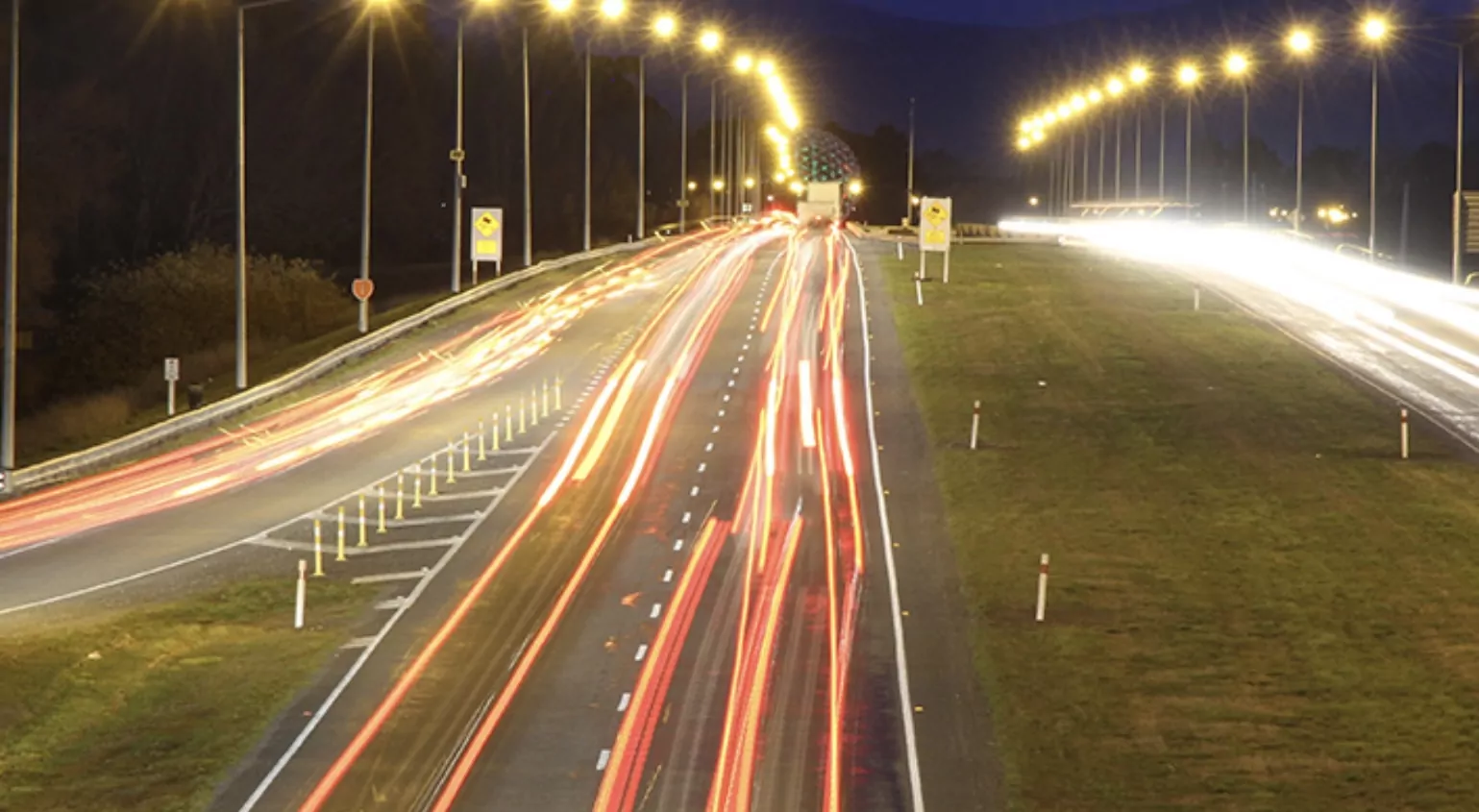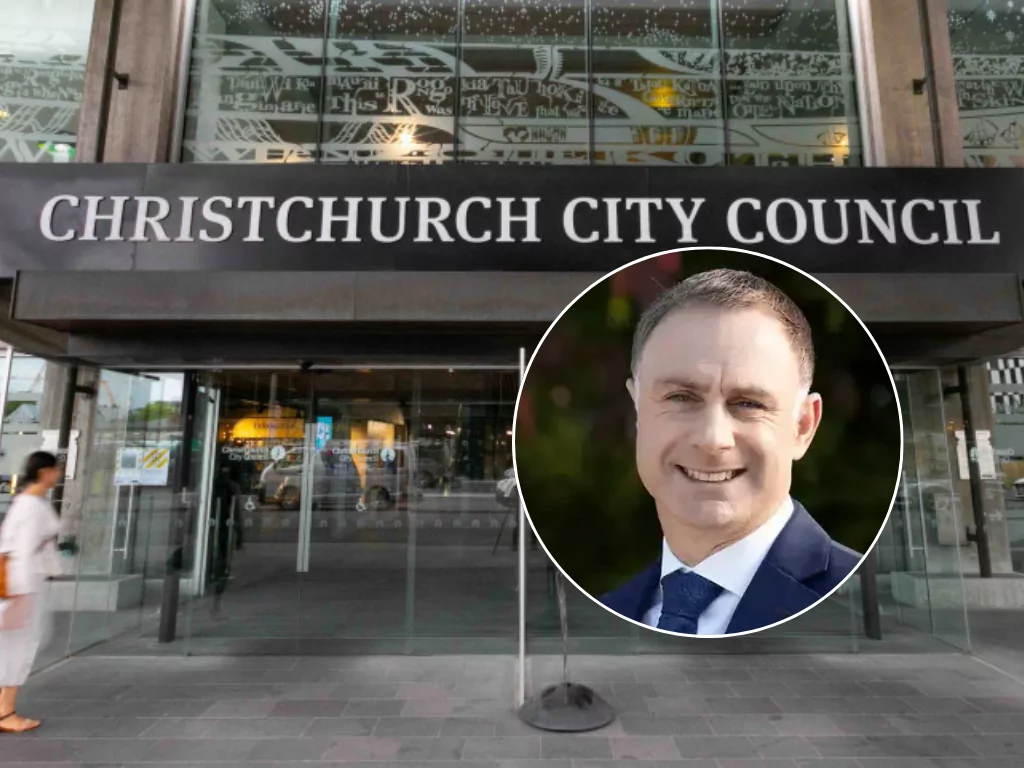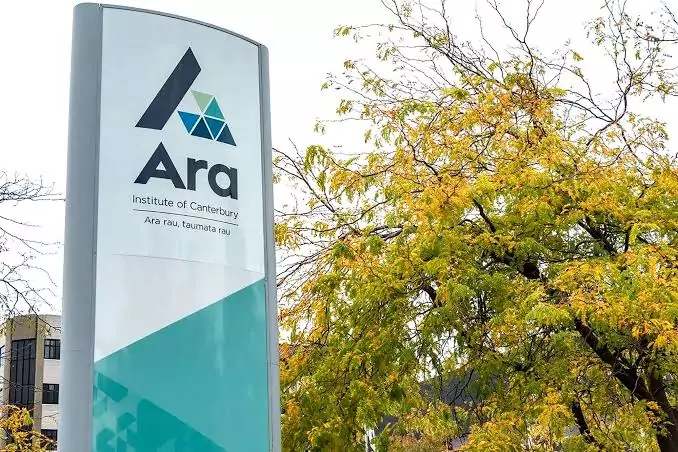$1.8 billion transport investment from central government has been welcomed by Environment Canterbury Chair Peter Scott, but he says a significant funding gap remains.
The National Land Transport Programme (NLTP) has provided support for some of Canterbury’s key transport priorities, including road maintenance, risk management, and safety measures.
However, Scott said the funding does little to strengthen public transport or provide sufficient resources for upgrading local roads.
“The number one priority in our Canterbury Regional Land Transport Plan is a well-maintained network, so the $905 million we’ve been allocated for maintenance and pothole prevention will certainly help with that,” Scott said.
A key part of the funding is directed towards bridges, which Scott described as critical to the resilience of the region’s transport network. Projects highlighted in the NLTP include the progression of a second Ashburton Bridge, the replacement of Christchurch’s Pages Road Bridge, two priority bridge replacements on State Highway 82, and consideration of the Upper Ōrāri Bridge replacement between 2027 and 2030.
“It’s great to see a focus on bridges. Ultimately, we want to see a real pipeline of bridge projects developed across the South Island,” he said.
Scott also praised the attention given to state highways in high-growth areas, such as the prioritisation of the State Highway 1 Belfast to Pegasus Motorway and Woodend Bypass as a new Road of National Significance, as well as ongoing improvements in Rolleston, Halswell, and Hornby.
Despite these advancements, Scott said a significant imbalance persists, particularly in the allocation of funding for local roads.
“Despite being the country’s second largest region, we’re receiving just over seven percent of total national contestable funding,” Scott said, adding that while this represents an increase from previous years, it still falls short of what is required.
“The level of investment in Canterbury needs to be on par with our population, road network length, and contribution to GDP — ours is around 12 percent,” he said.
Scott pointed out that many low-cost, low-risk improvements requested by local communities have been declined, while larger state highway projects have been approved. He emphasised the need for funding to support essential local road links, intersection upgrades, and congestion relief, saying, “That’s not a good enough balance.”
Another significant concern for Scott is the funding allocated to public transport in Canterbury. The NLTP has set aside $350 million for the region, most of which will go toward maintaining the existing network.
“We’ve heard time and time again about the need to improve public transport in Greater Christchurch, one of the country’s most rapidly growing areas outside of Auckland,” Scott said.
While the government acknowledges Christchurch as the economic powerhouse of the South Island, the current level of funding will only allow for frequency improvements on one core route, which Scott said falls far short of what is needed.
“We need substantial improvement across the network to drive strong patronage growth and ensure we reap the benefits from future investment towards a mass rapid transit system in Greater Christchurch. At this pace, we are more than a decade away from getting our public transport services near to where they need to be.”
Scott stressed that additional central government funding is crucial to avoid further delays in improving the region’s public transport infrastructure.
Scott argued that Canterbury is not receiving a fair share of the funding, despite its significant contributions. He said that the region accounts for 12 percent of the national population and more than 16 percent of the country’s road network, yet it consistently receives only 5 to 8 percent of the NLTP funding.
“All we’re asking for is our fair share,” Scott said, adding that much of the revenue from fuel taxes and road user charges generated in Canterbury is being directed to the North Island.
“The money that comes from road use in our communities should be put back into our communities. Our bread-and-butter funding is being spread like jam across other regions,” Scott said.









